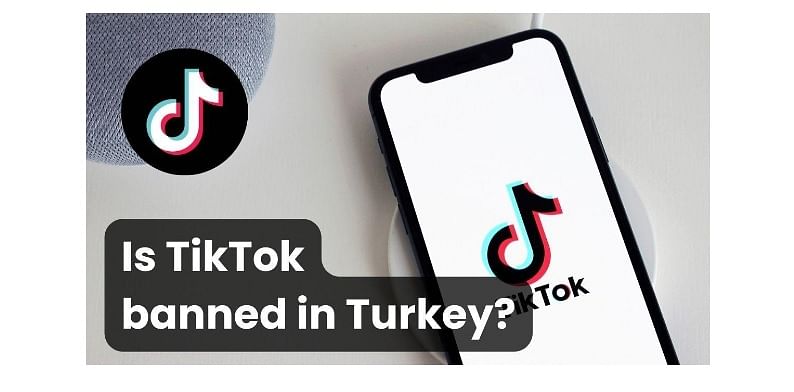QUICK ANSWER:
No, TikTok is not banned in Turkey.
Related Topic: Did you know that you can buy TikTok Followers and TikTok Likes?
Click here to learn where to Buy Cheap TikTok Views and where to Buy Tik Tok Likes.
—
Turkey fines TikTok 1.75 mln lira for weak data protection measures
The Turkish authorities have imposed a fine of 1.75 million lira ($93,000) on TikTok for failing to implement adequate measures to safeguard user data against unlawful processing, as stated by the Personal Data Protection Board (KVKK) on Wednesday.
The imposition of the fine comes as there is increasing global concern regarding the Chinese short video-sharing app and the accessibility of its user data. Government institutions in Europe and Canada have prohibited the app from being installed on staff phones, while the United States is currently deliberating a bill that would grant President Joe Biden the authority to ban TikTok.
The KVKK has imposed a fine on the company for failing to implement necessary security measures to prevent unlawful processing of personal data.
According to the data protection authority, it has been recommended that TikTok translate its Terms of Service into Turkish and align its privacy and cookies policy texts with the regulations of the country.
The TikTok social media platform was unable to reply to the personal data protection board at this time, as well as other social media platforms
According to data from Statista, Turkey ranks ninth in terms of TikTok users worldwide, with approximately 30 million accounts on the social media platform.
($1 = 18.8867 liras)
Tik Tok’s decision to adhere to Turkey’s new social media laws raises concerns about free speech on its platform and allows the Turkish government to increase its censorship efforts, according to ARTICLE 19 and İFÖD. This decision, announced today, mirrors YouTube’s decision in December, despite civil society’s pleas to not appoint a local representative.
The decision was announced with a commitment to maintain free expression on the platform. However, freedom of expression in Turkey is limited due to government censorship and imprisonment of dissenting voices. The amendment to the Internet Law aims to expand government censorship to online speech, resulting in a reduction in online freedoms for Turkish people. IFÖD’s research found that numerous websites, URL addresses, tweets, and YouTube videos are already blocked in Turkey. With a local office, social media companies will face more content removal requests.
The data protection authority and the Turkish government have not banned Tiktok but have sufficient measures amid growing international concern like the human rights watch to maybe think about having banned TikTok banned in the future, and the Turkish government institutions is are taking sufficient measures to prevent unlawful processing of data and protect users.
TikTok claims it will uphold users’ freedom of expression in Turkey, but the reality is that this new law makes it impossible. The Turkish Government already issues a high number of takedown requests to social media platforms, and this is likely to increase under the new law. Social media companies that comply with the law will face more pressure to allow these requests. People in Turkey should have the right to freely express themselves online and access social media. Companies like TikTok risk being involved in rights violations by appointing a local representative. Until Turkey reforms its law to align with human rights standards, companies complying with the new law may contribute to repression against the Turkish people. Yaman Akdeniz, co-founder of İstanbul Freedom of Expression Advocates (İAFÖD), expressed these concerns.
According to concerns raised, TikTok’s compliance with Turkish law may have significant consequences for freedom of expression in Turkey. The recent changes to Turkey’s Internet Law require companies to appoint a local representative or face potential advertising bans and bandwidth reduction, which could render their platforms unusable. However, complying with the law also means adhering to potentially unjustified and politically motivated requests for content removal by Turkish authorities.
ThePrint ValueAd Initiative content is a paid-for, sponsored article. Journalists of ThePrint are not involved in reporting or writing it.
